The Addiction of Revenge
When someone hurts us, we naturally crave acknowledgment. Without an apology or accountability the anger lingers. Revenge, whether in thought or action, can feel like a way to make our pain visible and demand recognition. While these instincts may have been essential for survival in the past, in today’s world they can trap us in mental and emotional quicksand.
Revenge isn’t just a character flaw, it’s actually built into our DNA. Psychiatrist and author James Kimmel Jr. has spent years studying the neuroscience of revenge and how it affects our brains. Kimmel calls revenge “the world’s deadliest addiction” and after diving into his research, it’s easy to see why. In this blog, we’ll explore why we feel the urge to “get even” with someone who has hurt us, and most importantly, practical ways to break free and reclaim your peace.
Why We’re Hardwired for Revenge
In ancient societies, retaliation or even just the threat of it was crucial for survival. Kimmel explains, “It was a survival mechanism. If someone harmed you, showing you could respond kept others from exploiting you.” Being seen as weak could have been a life or death situation, so these instincts helped maintain balance in small communities.
Revenge is not just a moral issue, it’s a neurological one. Just imagining an act of revenge lights up the brain’s reward centers releasing dopamine, the same chemical involved in other addictive behaviors such as gambling, doom scrolling, and drug use. Fantasizing about payback gives a short rush of relief or power, but like other addictions, the relief doesn’t last. When it fades, the craving comes back stronger. Each time we replay an injury or imagine revenge, we reinforce the addictive pattern. This cycle produces guilt, shame, and deeper fixation. As Kimmel warns, “The more we feed it, the more it demands.”
When Revenge Becomes Addictive
How can you tell if your desire for revenge is crossing into harmful territory? Watch for these patterns:
Constantly replaying the injury or imagining detailed payback.
Acting in ways that don’t align with your values, driven purely by the craving for payback.
Feeling a short “high” when thinking about revenge, followed by guilt, shame, or emptiness.
Being unable to let go of the situation, even when revenge is impossible or impractical.
The Antidote to Revenge
Kimmel offers practical, research-backed ways to reclaim mental peace:
1. Practice Forgiveness
Forgiveness doesn’t excuse the harm or pretend it didn’t happen. “Forgiveness isn’t about the other person. It’s about freeing your own mind,” Kimmel explains. Research shows forgiveness quiets the brain’s pain networks and reduces cravings for revenge. Even imagining letting go can calm the urge to retaliate and give us back our mental freedom.
2. Treat Revenge Like Any Other Addiction
Notice the urge without acting on it. Use mindfulness, journaling, or talking with a trusted support person or therapist to ride out the craving. See the craving for what it is, a chemical loop you can interrupt. Therapies like Cognitive Behavioral Therapy, motivational interviewing, and mindfulness can interrupt rumination, challenge distorted thinking, and strengthen self-control.
3. Shift Your Perspective
Try imagining the other person’s circumstances or motivations. This isn’t about excusing their behavior. It’s about loosening hatred’s grip on your mind and reducing the brain’s need to see someone as an enemy. Kimmel has created a perspective taking exercise called miracle court, that allows a person to take the role of victim, perpetrator, and sentencer in a virtual court case. Research has shown that stepping back and seeing multiple perspectives interrupts the pain cycle by allowing the victim to experience power over the tunnel vision of revenge.
4. Recognize Social Influences
Social media, news, and political content are created to feed outrage and revenge impulses. Being aware of these triggers can help you step back and respond thoughtfully instead of reactively boarding the ride of revenge.
Choosing Freedom Over the Revenge Addiction
The human impulse of revenge seeking becomes harmful when it dominates our thoughts and actions. The dopamine rush of “getting even” is real, but it comes at a steep cost to mental health, relationships, and personal freedom. Forgiveness is not weakness. Kimmel calls it “one of the most courageous acts of self-care.” Choosing forgiveness doesn’t mean forgetting the harm. It means refusing to let someone else’s actions control your mind and your life.
Revenge offers a fleeting rush but leaves lasting harm to your mind and relationships. Forgiveness is the path to freedom and strength. Letting go allows you to reclaim your life, restore balance, and move forward without carrying the weight of another person’s actions. Doing this alone can feel overwhelming, but support is available. If you are struggling with a cycle of revenge, reach out and we can connect you with a therapist who can provide compassionate treatment to regain your mental peace https://corspokane.com/contactus.
References
Cor Counseling & Wellness. (n.d.). Contact us. https://corspokane.com/contactus
Kimmel, J. R. (2022, September 19). The world’s deadliest addiction with James Kimmel, Jr., J.D. [Audio podcast episode]. In D. Shepard (Host), Armchair Expert. Armchair Umbrella. https://armchairexpertpod.com/pods/james-kimmel-jr?rq=revenge
Kimmel, J. R. (n.d.). Revenge Anonymous. James Kimmel Jr. https://www.jameskimmeljr.com/revenge-anonymous
Miracle Court. (n.d.). The miracle court exercise. https://www.miraclecourt.com/
The Science of Revenge: Understanding the World's Deadliest Addiction--and How to Overcome It https://amzn.to/4gMkU1v
